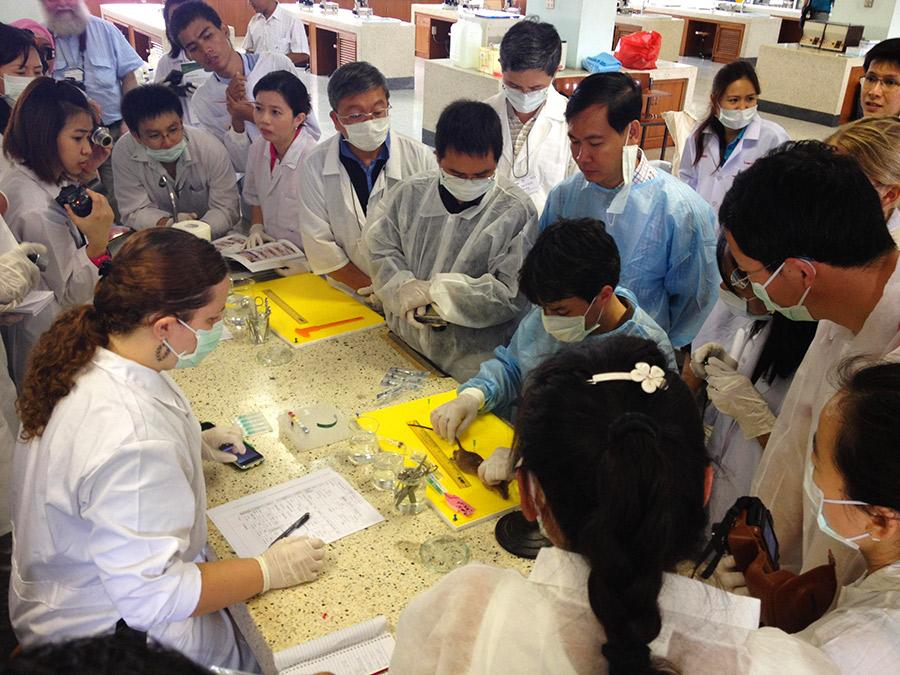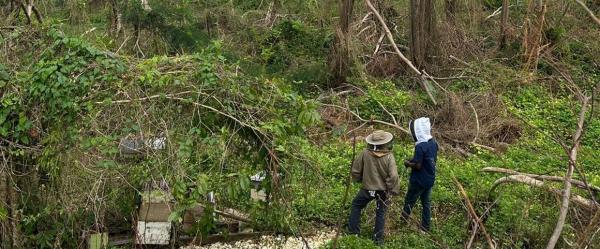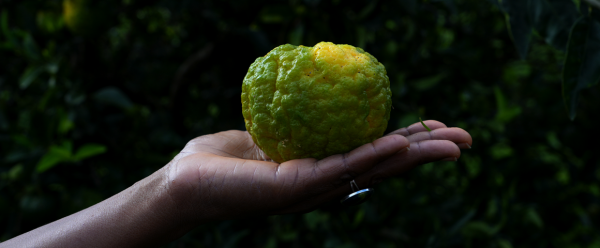Science at work 14 January 2026
- Home
- CIRAD news
- News
- Covid-19 Coronavirus - CIRAD's contribution to global research and expertise
Covid-19 | Contributing to global research and expertise

CIRAD has built up substantial expertise over many years, in epidemiology, ecology, and animal and zoonotic disease surveillance in tropical and Mediterranean countries. This puts it in a position to contribute to research on Covid-19 in terms of decision support in Europe, Southeast Asia and Africa, where the epidemic is still in its infancy.
Dynamic multi-partner research
As an associate member of the French National Alliance for Life Sciences and Health (AVIESAN), le CIRAD is also working with the Institut Pasteur in Cambodia (IPC) on the risks of transmission at the interface between animals and humans. Initially, this means one of 20 research projects selected by the alliance for "seed funding" via the REACTing consortium , coordinated by INSERM. This first project, led by the IPC, will use samples gathered by several partners, including CIRAD and the GREASE platform, to assess the risks of Covid-19 transmission in the Mekong Delta through live animal markets and threatened wild species.
Following this initial phase, CIRAD has launched a new project, ZooCov, funded by the Agence nationale de la recherche (ANR). ZooCov aims to document wild meat trade chains in Cambodia and the betacoronaviruses circulat(ing within those chains. Eventually, it will serve to develop a flexible, integrated system for early detection of pathogen transmission between species. ZooCov will be conducted by a consortium including CIRAD, the Institus Pasteur network, IRD, the International Livestock Research Institute (ILRI), the Wildlife Conservation Society (WCS) and the IUCN.
The scientists involved in ZooCov will be working closely with those involved in the DisCoVer project, also funded by the ANR. DisCoVer is led by the University of Caen and IRD and also involves CIRAD. It will focus on the natural history of SARS-CoV-2 reservoirs in Laos and Thailand.
This work will be supplemented, through close collaboration with IRD, by a component looking at Africa, where the risks of coronavirus emergence from wildlife (hunting or sales) is not known.
Article: ZooCov, a new project to prevent coronavirus transmission from wildlife to humans
CIRAD is also coordinating the EU H2020 MOOD project, which began in March 2020, on early detection of emerging diseases and their subsequent monitoring. The project involves teams from Belgium, the UK and France, which are currently working to model Covid-19 transmission. The ECDC (European Centre for Disease Control), WHO, FAO and OIE (World Organization for Animal Health) are partnering the project.
The MOOD project is using the PADI-web animal health surveillance tool developed by CIRAD. PADI-web serves to pinpoint potential disease clusters before they are officially declared. It scans hundreds of Google News articles per day for diseases, to supplement official sanitary surveillance channels. The PADI-web tool is also being used by the International Health Monitoring Unit (VSI) of the French Animal Health Epidemiological Surveillance Platform (ESA).
Several studies are also planned in the field of predictive and decision support tools. The Centre d’études spatiales de la biosphère (CESBIO) is building models based on chaos theory, in association with epidemiologists from CIRAD. Those models serve to monitor and predict disease evolution depending on a range of scenarios, based on the available data. They are innovative disease control decision support tools. An initial publication is due shortly in the journal Epidemiology & Infection , and future work will centre on possible disease evolution in tropical and Mediterranean countries in Africa and Southeast Asia.
There are also plans, particularly in Africa, to use multi-criteria spatial analysis, a tool in which CIRAD epidemiologists, geographers and modellers from the ASTRE and TETIS research units specialize, which identifies at-risk zones based on various biological, environmental and social factors. The study will associate infectiology and public health specialists from IRD.
Appraisals and training
Epidemiologists, ecologists, sociologists, agronomists, biocomputer scientists, modellers, and so on... CIRAD scientists in Montpellier, the overseas regions and platforms in partnership are working on innovative surveillance approaches, which have already been tested during avian and swine influenza and MERS-CoV epidemics, with the Institut Pasteur in various countries, and Ebola, working closely with IRD.
They are also working on the link between biodiversity and health, a study of the perception of Covid-19, an assessment of the impact of such health crises on societies in tropical and Mediterranean countries, and food security, for instance the contribution made by two CIRAD researchers (MOISA research unit) to a study on the 2013-2016 Ebola crisis.
In terms of training, a France Vétérinaire International-CIRAD team offers MOOCs in applied epidemiology for the scientific and technical communities working with CIRAD in both North and South.
Partners can also access other training courses, notably via international bodies such as OIE, FAO and WHO. Those courses and other collaborations are facilitated by platforms in partnership such as the GREASE network in Asia.
CIRAD is supporting Covid-19 care and detection in Montpellier
Lastly, several virology researchers and engineers have volunteered to respond to any urgent need for virus detection among populations, using testing equipment available at CIRAD's laboratories in mainland France and the French overseas regions. On 21 March, CIRAD donated 3000 masks from its laboratories and reagents used for diagnostic tests to the teaching hospital in Montpellier. In early April, the hospital received more than 9000 gloves, 500 overshoes, 300 caps, 250 FFP2 and FFP3 masks, protective glasses and gowns from CIRAD. Similar operations have been organized in the French overseas regions.



























